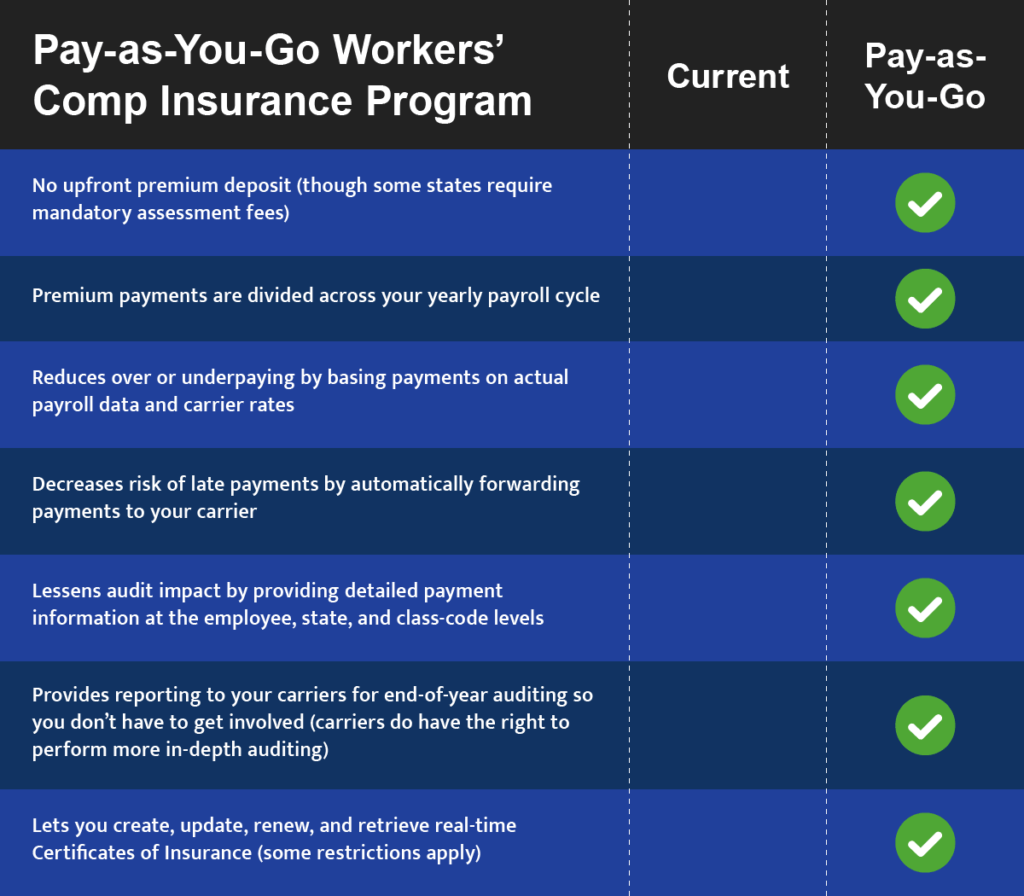Workers compensation insurance california requirements, encompassing the necessary details for businesses operating in the state, are crucial to understand for legal compliance and employee protection. In this comprehensive guide, we will delve into the specific requirements, coverage details, and steps for obtaining workers’ compensation insurance in California.
Exploring the nuances of this topic will shed light on the obligations and benefits associated with workers’ compensation insurance, offering valuable insights for employers and employees alike.
Overview of Workers’ Compensation Insurance in California
Workers’ compensation insurance is a type of insurance that provides medical benefits and wage replacement to employees who are injured or become ill while performing their job duties. In California, employers are required to provide workers’ compensation insurance to protect their employees and ensure they receive proper care and compensation in case of work-related injuries or illnesses.
Coverage Requirements for Employers, Workers compensation insurance california requirements

In California, all employers are required to provide workers’ compensation insurance for their employees, regardless of the number of employees or type of business. This includes full-time, part-time, and temporary employees. The minimum coverage limits for workers’ compensation insurance in California are $100,000 per occurrence and $500,000 policy limit.
Obtaining Workers’ Compensation Insurance
Employers in California can obtain workers’ compensation insurance through private insurance companies or the State Compensation Insurance Fund (SCIF). The process involves contacting insurance providers, completing an application, and paying the necessary premiums. Employers can also compare different insurance policies to find the best coverage for their specific needs.
Compliance and Reporting Obligations

Employers in California have reporting obligations related to workers’ compensation insurance, including reporting work-related injuries and illnesses to the insurance carrier and the Division of Workers’ Compensation. To ensure compliance, employers should maintain accurate records, provide proper training on safety procedures, and cooperate with the claims process. Non-compliance with workers’ compensation insurance regulations in California can result in penalties and legal consequences.
Conclusive Thoughts

In conclusion, navigating the realm of workers’ compensation insurance in California necessitates adherence to specific requirements, diligent reporting, and proactive compliance measures. By prioritizing employee well-being and legal obligations, businesses can effectively safeguard their workforce and mitigate potential risks.
User Queries: Workers Compensation Insurance California Requirements
What are the consequences of not providing workers’ compensation insurance in California?
Failure to provide workers’ compensation insurance in California can result in severe penalties, including fines and potential legal action against the employer.
How can employers ensure compliance with workers’ compensation insurance requirements?
Employers can ensure compliance by accurately reporting employee information, maintaining up-to-date insurance coverage, and promptly addressing any claims or issues related to workers’ compensation.
What types of employees must be covered under workers’ compensation insurance in California?
Most employees in California, including full-time, part-time, and temporary workers, are required to be covered under workers’ compensation insurance.
